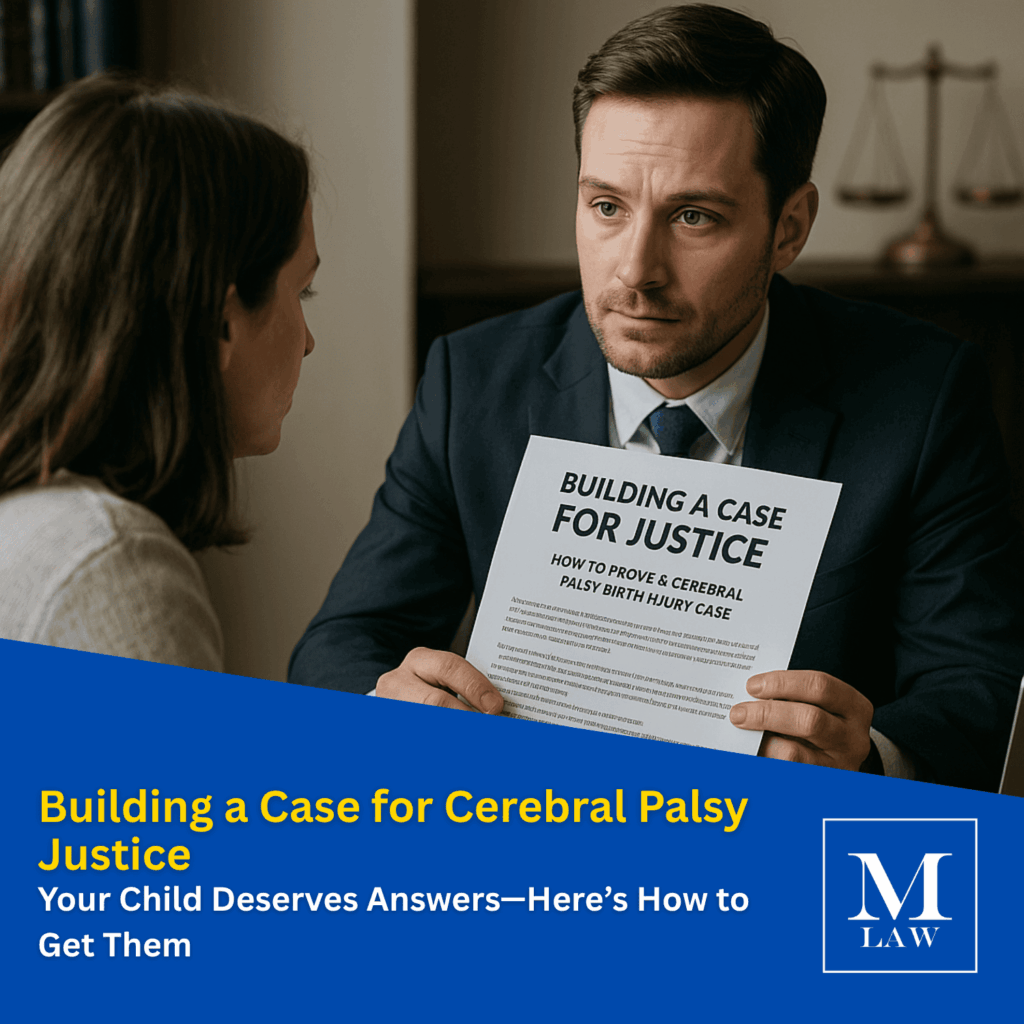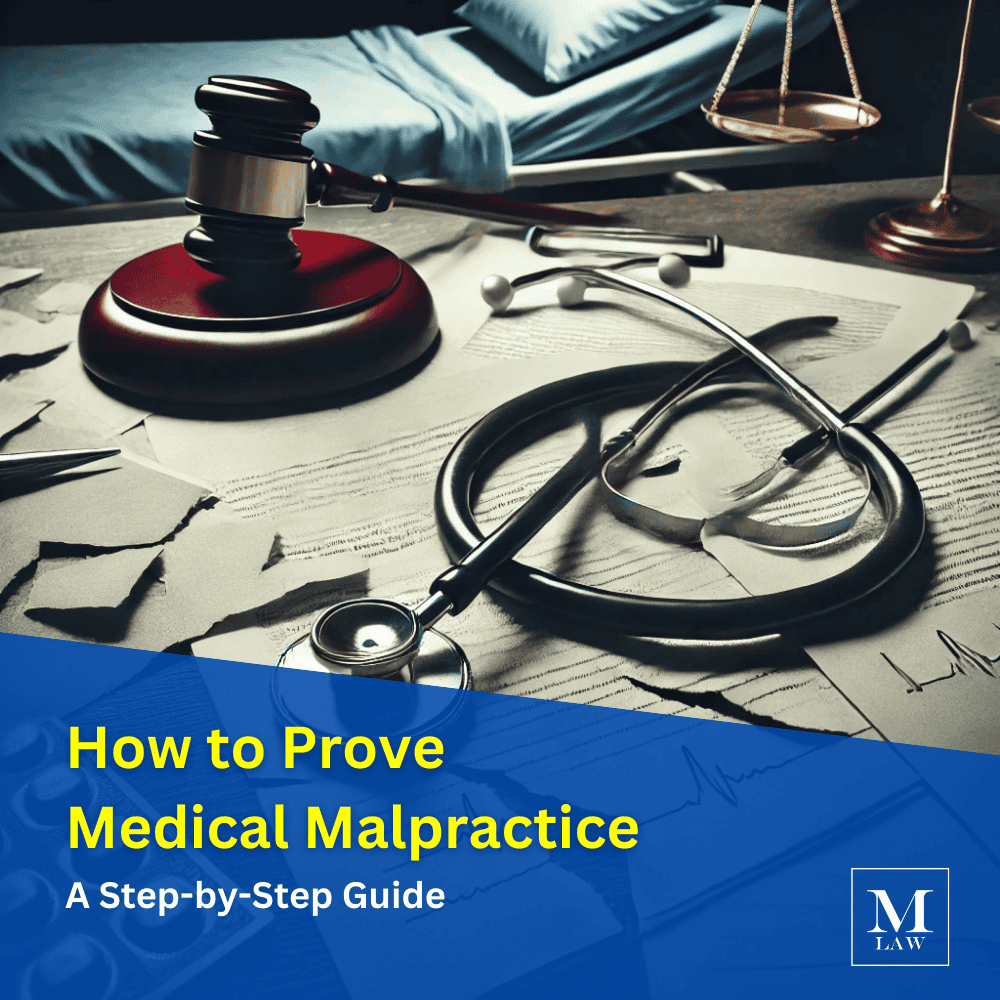In the complex landscape of healthcare, patients rely on a myriad of administrative processes to receive the care they need. From scheduling appointments to managing medical records and billing, these administrative tasks are critical for the smooth operation of healthcare institutions. Unfortunately, administrative errors can occur, leading to a range of negative consequences for patients. In this blog post, we will explore the impact of admin errors in healthcare and shed light on the legal remedies available to victims of such errors.
Understanding Administrative Errors
Administrative errors encompass a broad spectrum of mistakes that occur during various stages of healthcare delivery, primarily in non-clinical or clerical settings. These errors may arise from inadequate staff training, high workload, miscommunication, faulty systems, or simple human error. Some common examples of them include:
- Documentation Errors: Incorrect recording or filing of patient information, medical histories, test results, or treatment plans can have severe implications for patient safety and continuity of care.
- Scheduling Mistakes: Errors in appointment scheduling, such as double bookings or incorrect timing, can lead to unnecessary delays, missed treatments, or inadequate follow-up.
- Medication and Prescription Errors: Administrative mistakes in medication orders, dosage calculations, or patient medication records can result in incorrect medications being administered, allergic reactions, or adverse drug interactions.
- Billing and Insurance Errors: Inaccurate billing, coding errors, or improper insurance claim submissions can cause financial burdens for patients, disputes with insurance providers, or even denial of necessary medical services.
The Impact on Patients
Administrative errors in healthcare can have far-reaching consequences for patients, both physically and emotionally. Some potential impacts include:
- Delayed or Inappropriate Treatment: Errors can result in delayed or missed treatments, exacerbating patients’ conditions and potentially leading to worsened health outcomes.
- Medical Complications: Incorrect documentation or medication errors can cause harmful interactions, allergic reactions, or other medical complications that could have been avoided.
- Financial Burdens: Billing and insurance errors can leave patients with unexpected medical expenses, disputes with insurers, or even debt collection efforts.
- Emotional Distress: Dealing with the fallout of admin errors, such as missed appointments or incorrect diagnoses, can cause significant emotional distress and anxiety for patients and their families.
Legal Remedies for Administrative Errors
Patients who have suffered harm due to administrative errors in healthcare may have legal recourse to seek compensation for their damages. Here are some potential legal remedies:
- Medical Malpractice Claims: If an administrative error directly causes harm to a patient, such as delayed treatment or medication errors, a medical malpractice claim may be pursued against the responsible healthcare provider or institution.
- Breach of Confidentiality: If administrative errors result in the unauthorized disclosure of patient information, leading to reputational harm or other adverse consequences, a breach of confidentiality claim may be appropriate.
- Consumer Protection Laws: Patients may be protected by consumer protection laws if administrative errors lead to fraudulent billing practices, misrepresentation of services, or other deceptive practices by healthcare providers or institutions.
- Contractual Disputes: Patients may have legal recourse if administrative errors violate contractual agreements, such as incorrect insurance coverage or violations of service agreements.
Administrative errors in healthcare have the potential to significantly impact patients’ well-being, both physically and emotionally. These errors can disrupt the delivery of care, compromise patient safety, and create financial burdens. Seeking legal remedies through medical malpractice claims, breach of confidentiality actions, consumer protection laws, or contractual disputes can provide recourse for patients who have suffered harm due to admin errors. By working with experienced medical malpractice law firms, patients can navigate the legal complexities and obtain the compensation they deserve while promoting accountability and patient trust.








